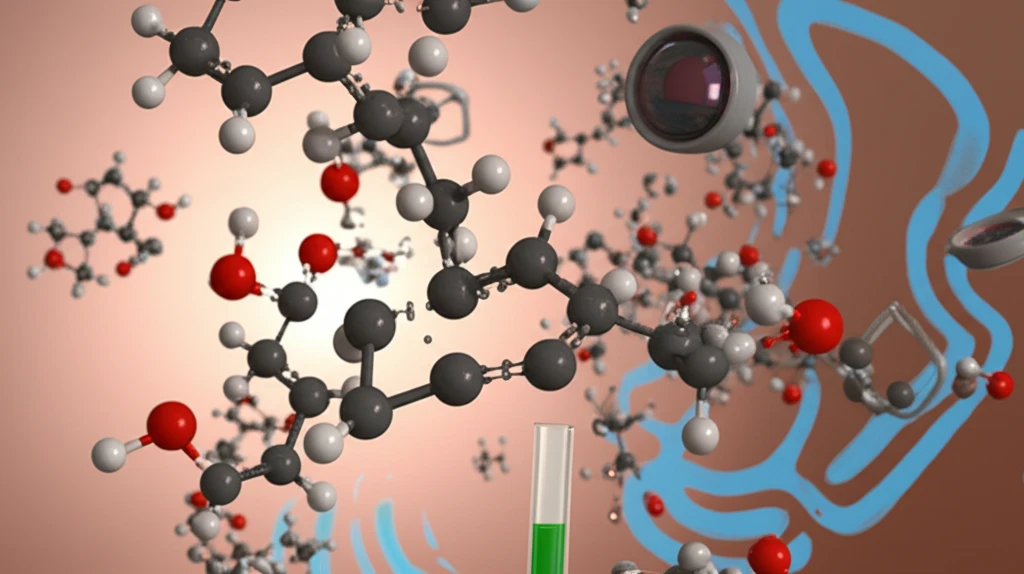
Decoding Chemical Research: A User-Friendly Guide to the Journal of the Chinese Chemical Society
"Unlocking the secrets of chemical research: A straightforward look at the Journal of the Chinese Chemical Society and its relevance to everyday life."
Scientific journals can often seem like impenetrable fortresses of jargon and complexity, reserved only for experts in the field. However, behind the complex terminology and intricate diagrams lies knowledge that can be fascinating and surprisingly relevant to our daily lives. The Journal of the Chinese Chemical Society (JCCS) is one such publication, and this guide aims to make its contents more accessible to a broader audience.
Think of the JCCS as a window into the world of cutting-edge chemical research. It showcases discoveries, innovations, and advancements made by scientists primarily in Taiwan but also from around the globe. Chemistry, after all, touches nearly every aspect of our existence, from the medicines we take to the materials that make up our homes and the food we eat. Understanding the basics of what's being researched can empower you to make more informed decisions and appreciate the world around you in new ways.
This article will break down the structure and purpose of the JCCS, highlight key areas of research it covers, and explain why even if you're not a chemist, you might find value and interest in exploring its contents. We'll translate the complex into the clear and show how chemical research connects to your everyday life.
Navigating the Journal: Key Sections and What They Offer

The JCCS, like most academic journals, is structured to provide a clear and organized presentation of research. Understanding these sections can help you efficiently find the information you're looking for. Here's a breakdown of the key components:
- Editor-in-Chief and Editorial Board: These individuals are the gatekeepers of the journal, responsible for ensuring the quality and integrity of the published research. They are leading experts in various fields of chemistry.
- Associate Editors: Assist the Editor-in-Chief and handle specific areas of focus within the journal.
- Editorial Office: This is the administrative hub of the journal, handling submissions, correspondence, and other logistical tasks.
- International Editorial Advisory Board: This board comprises experts from around the world who provide guidance and advice to the journal's editors.
Why This Matters: Connecting Research to Your World
The research published in the JCCS, while seemingly specialized, contributes to broader advancements that impact our lives. For example, studies on new materials might lead to stronger, lighter, and more durable products. Research in organic chemistry could result in new drugs or more efficient ways to produce existing ones. Advances in analytical chemistry can improve environmental monitoring and food safety. By staying informed, even at a basic level, you can better appreciate the role of chemistry in shaping a better future.
